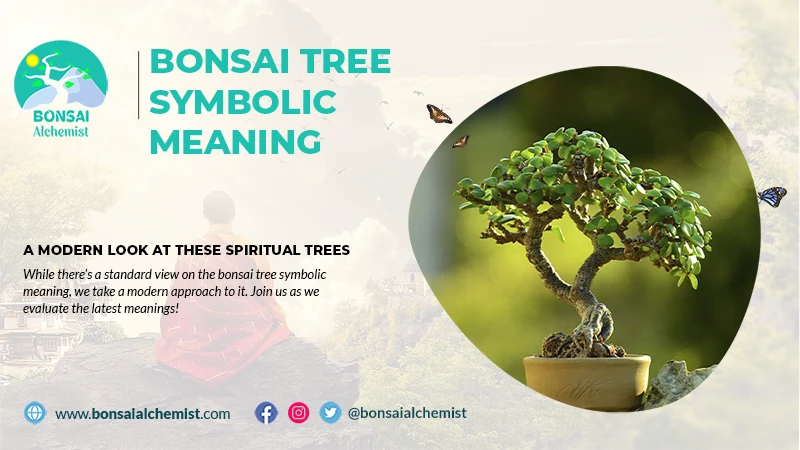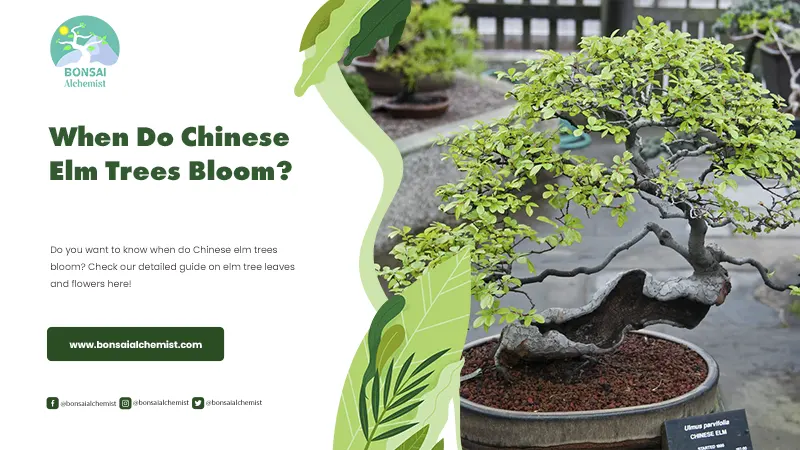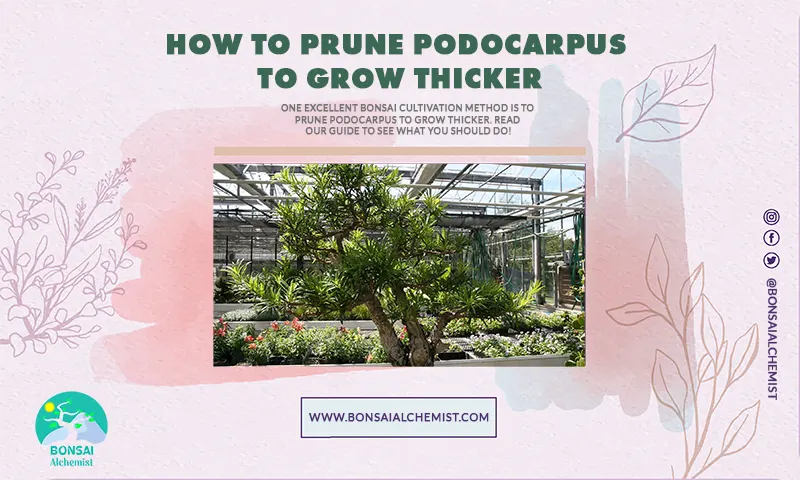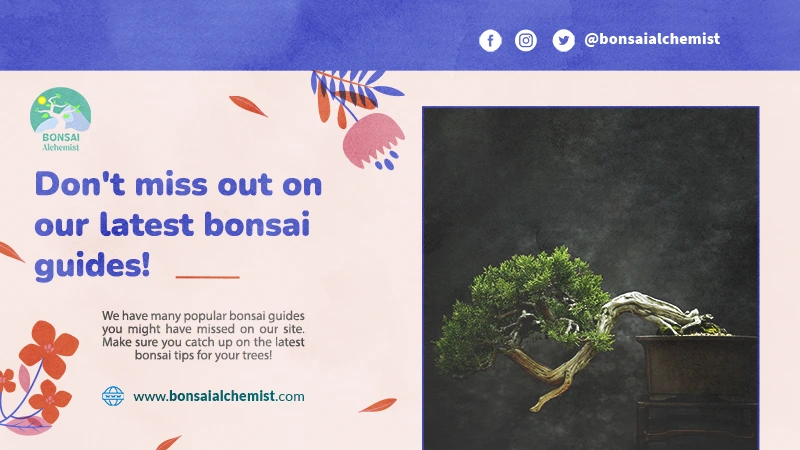Expert Guide for Choosing Bonsai Soil
Bonsai soil is a critical component of the bonsai garden. It’s what holds your tree in place and gives it nourishment. But how do you know what kind of bonsai soil to use? You’ve probably heard of peat moss, but other options exist!
This guide will cover everything you need to know about choosing the right type of bonsai soil for your tree and its needs. We’ll also include recommendations for different plant types to ensure you’re using the right soil type for your plant.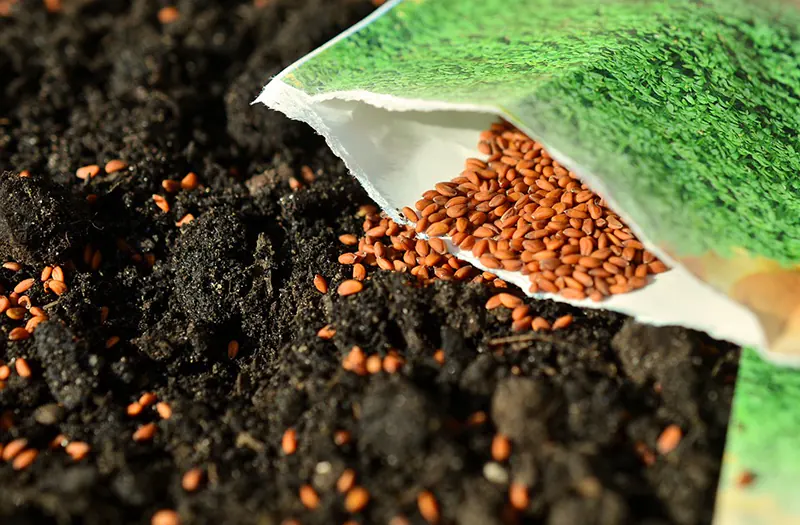
What Is Bonsai Soil?
Bonsai soil is a mixture of various soil types, including peat moss, perlite, and other additives. The purpose of using bonsai soil is to create a balanced mix between the ingredients in the soil.
This is a type of soil that’s explicitly designed for bonsai trees. It’s not the same as potting soil, designed for growing plants, but it has some similarities.
Bonsai soil should be light in color and have high pH levels so it doesn’t leach minerals from the roots of your tree. Bonsai soil should also contain all the nutrients your tree needs to survive, like phosphorus and calcium.
What Traits Should the Soil Have for Bonsai Trees?
Bonsai trees are beautiful and unique but don’t always look like the classic trees you see in pictures. They’re often smaller and more delicate, so they need suitable soil and fertilizer to grow properly.
The soil should be moist but not soggy. It should have good drainage and air circulation so that roots can breathe. You can add a little compost or leaf mold to improve drainage if necessary. Fertilizer will help your tree get the nutrients it needs to thrive.
You should use organic fertilizers containing micronutrients such as iron, zinc, and nitrogen. These nutrients will help all parts of the plant receive enough energy to thrive without problems like rotting leaves or branches falling off due to a lack of nutrients in the soil or water. Here are some guidelines for choosing the best soil for a bonsai tree:
Good Water Absorption
Water absorption is the ability of a material to hold and release water. The amount of water a soil will absorb depends on its properties, such as porosity and particle size. The porosity or pore size determines how quickly water will be absorbed into a material. The larger the pores in a material are, the more quickly it will absorb moisture. This is why fine-textured soils are better for bonsai trees than coarse-textured soils.
To create bonsai soil for your tree, you’ll want to choose a soil with high clay content and low sand content so that it won’t compact easily when wet. You can also add organic matter, such as compost or leaf mold, to help improve drainage and reduce compaction issues.
Water absorption is a function of the type and amount of soil particles. Bonsai trees require soil with high moisture retention capacity, even after being watered, which is why it’s essential to use a high-quality potting mix for bonsai trees.
Using bad soil can cause a bonsai tree to suffer from diseases, poor growth, and poor health. Some people don’t like to use commercial potting soil because they think it might be too heavy on the fertilizer side of things. Instead, they use their mix of soil and compost materials to create their personalized blend for their trees (and they’ve found success with this method).
Drain Excess Water
The soil should drain excess water because it allows the root system to receive more nutrients and oxygen. This will allow the tree to grow healthier. The soil should drain excess water and prevent roots from rotting from excess moisture. Bonsai trees are sensitive to dampness, so they need their roots kept at a constant moisture level. If they become too wet, they can rot very quickly, so it’s important not to stop drainage holes or pour in too much fertilizer.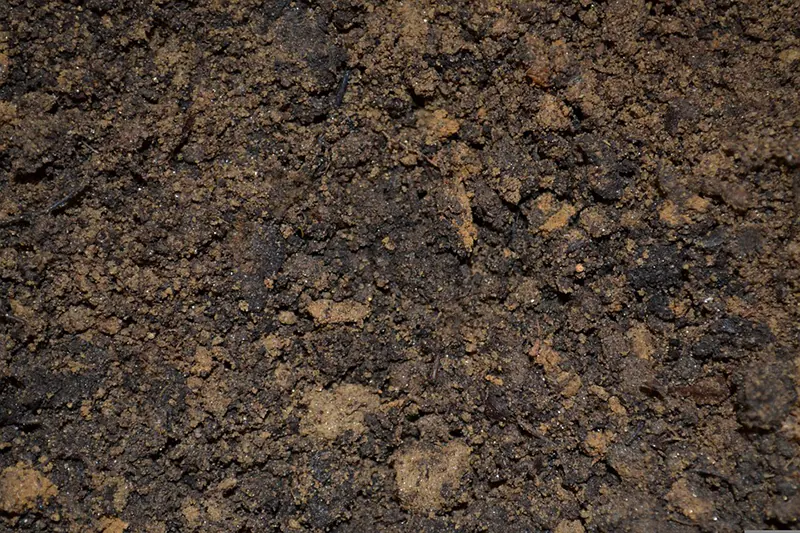
Good Aeration
Good soil has good aeration. Aeration means allowing air to flow through your soil. It allows oxygen, water, and nutrients from the air to reach your roots. Soil with good aeration allows water to drain out of it quickly and makes it easier for a plant’s roots to grow into it.
Soil is the foundation of a bonsai tree’s life, and if you want your bonsai to thrive, you must provide it with healthy soil. The most important aspect of providing your bonsai with great soil is aeration. To help your plants grow strong and healthy roots, you should ensure that there are many air spaces between each other. This will allow oxygen to enter the soil, which will then be able to feed your plants’ roots.
The best way to improve aeration in your soil is by adding compost or other organic matter. This will allow more oxygen to be absorbed into the soil, which will help prevent root rot and other fungal diseases.
Adding sand can also help improve the aeration of your soil. Sand provides a lot of small spaces to allow air and water to flow through quickly, but it doesn’t pack down as well as compost or other organic matter.
What Are the Components of Good Bonsai Soil?
You’ve probably heard that the best bonsai soil is a mix of organic matter and pumice, but what does that mean? In short, it’s a very porous soil that has lots of air pockets in it. Since it’s so loose and airy, you can add fertilizer and water as much as possible without getting soggy. If you add fertilizer or water in the form of liquid, you’ll need to be careful not to make a mess because there will be no way to remove any excess.
If your soil has a lot of air pockets like this one, it will drain well and hold moisture well. It also won’t get compacted like other types of soil can when they’re watered regularly.
Organic Bonsai Soil
When it comes to cultivating the perfect bonsai tree, there are a few components that you should consider. The first component is the soil itself. This is where all the work is done: by mixing in organic matter and adding water, you create a mixture that your tree will use to grow and thrive.
The bark is one of the most critical ingredients in good bonsai soil. Bark helps microorganisms break down organic matter into smaller pieces so plants can use them. Bark also adds nutrients like nitrogen, phosphorus, potassium, magnesium, and calcium that benefit trees.
Peat moss should also be considered because it helps provide nutrients for trees in addition to helping to retain moisture and locking in the air around roots. Peat moss can also help to hold moisture if other ingredients aren’t present in an adequate amount.
Leaf litter also plays an essential role in creating high-quality bonsai soil because it provides nutrients like nitrogen and potassium while helping bind together other ingredients such as peat moss or bark into one cohesive mixture that’s easy for your tree to absorb.
Inorganic Bonsai Soil
Akadama is a porous volcanic rock used in the making of bonsai soil. It can be found outside Japan and has been used for centuries to create beautiful landscapes. Akadama is ideal for growing plants because it has excellent drainage qualities and helps prevent root rot by providing a buffer zone between roots and water. It also contains nutrients essential for plant growth and trace elements like potassium and magnesium, which help build strong roots and retain moisture throughout the season.
Lava rock is composed of volcanic ash molded into small pebbles with a high percentage of air pockets within its structure. Lava rock provides excellent drainage while containing trace elements such as potassium, calcium, iron, and other nutrients necessary for plant growth (including nitrogen). It also protects against disease by keeping pathogens from contacting plants’ roots.
Pumice is another type of soil additive that can be purchased online or at gardening stores. It’s lightweight and porous, so it absorbs well when mixed into other types of soil. Pumice is excellent for helping trees grow strong roots and encouraging them to branch out!
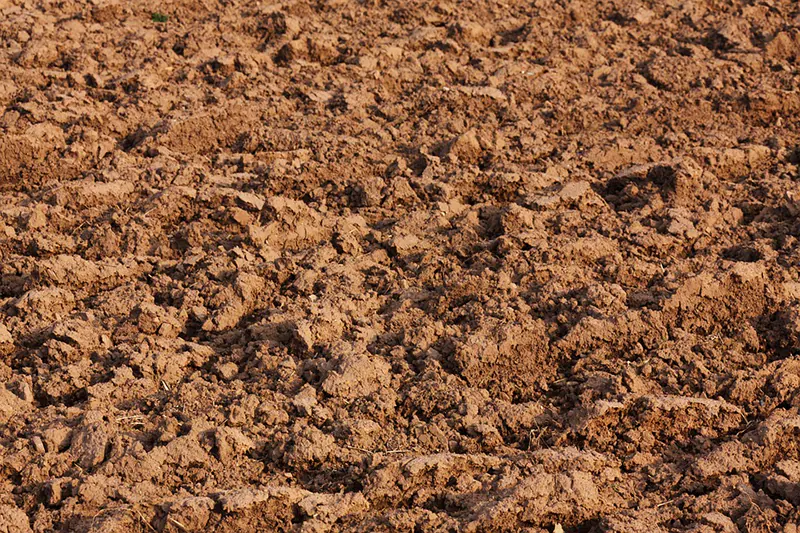
What Are the Additives To Make Your Bonsai Soil More Fertile?
Bonsai soil is a mixture of sand and potting soil. It’s what you’ll use to plant your bonsai and what the tree will grow in. However, you can add a few things to your soil to make it more fertile, which means that your bonsai will be healthier and grow faster. Here are some of the most common additives:
Lime
Bonsai soil is a product that’s grown to grow bonsai trees. It’s typically made up of soil, sand, and potting mix. The main component of bonsai soil is sand, which gives the soil its ability to hold moisture, which is essential for the health and growth of your tree.
One thing you may notice about bonsai soil is many people add lime to it. The purpose behind this is to reduce its acidity so that it can be used as fertilizer instead. Adding lime to your bonsai soil can help reduce its acidity by as much as 50%.
Charcoal
Charcoal is one of the additives to make your bonsai soil more fertile. It’s made of carbon and has been used as a fertilizer for centuries. When you add charcoal to your bonsai soil, it absorbs toxins in the air, like formaldehyde and benzene. These toxins can harm your plants if they’re in contact with them for too long!
Bonsai soil can be made from whatever materials you have on hand, but adding charcoal to it can help improve its ability to absorb contaminants from your water supply and filter them out of the air around your tree. This means your bonsai trees will be healthier and happier than ever!
Fertilizer
Adding fertilizer to your bonsai soil can help feed the tree and is one of the additives to make your bonsai soil more fertile. The best part about fertilizer is that it can be used by trees of various sizes, from tiny baby trees to old majestic ones. This way, you can take care of them all with one product.
Fertilizer helps trees grow faster and stronger while nourishing the roots and branches. Using it properly will help keep your bonsai healthy and strong for years to come! If you’re just getting started and don’t know where to start, adding fertilizer to your Bonsai soil can help feed the tree and make it more fertile. This will help it grow faster and healthier.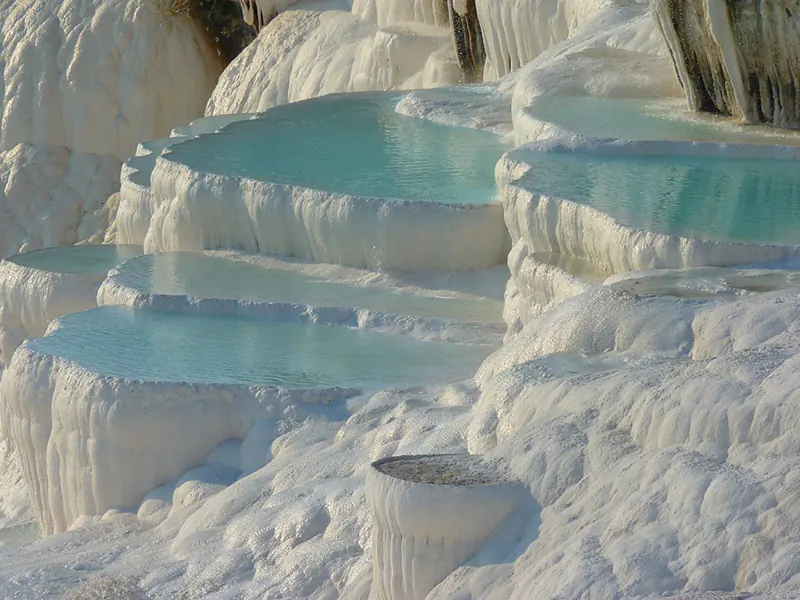
FAQS
While bonsais can be planted in potting soil, it is not ideal. Planting in potting soil is not the best way to grow a bonsai because it can lead to poor health and growth. The soil will quickly break down after planting, and the roots will not be able to reach the nutrients they need. This could lead to problems with health and growth.
Bonsai soil is covered with moss for several reasons. First, mosses are rich in nitrogen, which helps nourish a bonsai plant’s roots. This is particularly important for trees that have been repotted multiple times and have developed deep roots.
Second, mosses also contain many essential minerals that can benefit your bonsai plants. These include iron, zinc, copper, and manganese. Thirdly, mosses help bind soil together, so it stays moist on the surface even when it is dry below ground level. This means you won’t need to water as often as you would if the soil were just plain dirt!
Conclusion
Soil is the first step to creating a flourishing bonsai tree. While incorporating other elements (watering and pruning) is essential, choosing suitable soil for your plant is arguably one of the most critical decisions when creating a bonsai tree. Making mistakes can lead to your bonsai dying prematurely.



